
On March 10, authorities from the Ministry of Communications and the Ministry of Justice together with an expert from the Digital Government Observatory of the University of Havana reported on the current state of implementation of e-Government as a means of information, facilitation of procedures and communication between the government and citizens, as well as the challenges of e-government in the country.
The Vice Minister of Communications, Ernesto Rodriguez Hernandez, in his speech said that e-government affects one of the strategic pillars of the National Program for Economic and Social Development to 2030: the socialist, effective government, so its implementation will contribute to a more effective government management.
He stressed the importance of bringing the government and its institutions closer to the population, with the use of digital channels for citizen attention and citizen participation in the development of public policies.
In turn, the First Vice Minister of Communications, Wilfredo González Vidal reiterated from his Twitter account that: “Electronic government in #Cuba, must conceive a more immediate way to meet the criteria and requests of the population, challenges to implement expresses the Vice Minister of Communications @Ernesto_RHdez.”
While Jorge Luis Perdomo Di-Lella, Minister of Communications, wrote on his Twitter account: E-government should be focused on the interaction with digital procedures and services, easier and faster for citizens: paying taxes, managing permits and licenses, payment of public services, legal procedures, among others.
Ernesto Rodriguez informed that at present, 31 agencies and OACEs, 15 provincial governments and 168 municipalities have their public web portal on the Internet under the generic second level domain gob.cu.
According to Ernesto Rodriguez Hernandez, e-government should be aimed at making interaction with digital procedures and services easier and faster for citizens: paying taxes, managing permits and licenses, payment of public services, legal procedures, among others.
Ileana Horruitinier González, General Director of Development of the Ministry
of Justice, spoke about the computerization of public registries in order to improve services as a government tool to bring them closer to the population. She referred to the MINJUS website www.minjus.gob.cu, which allows users to interact and deepen their knowledge on issues related to E-Government and the provision of services of the Ministry of Justice System and can make requests for Certification of Last Will and Testament of Heirs, Certification of Criminal Records and certifications issued by the Civil Registries, the latter with online monitoring that allows citizens to know the actual status of their process. by the Civil Status Registries, the latter with online monitoring that allows citizens to know the actual status of their process.
As part of the Collaboration Agreement between the University of Havana and its School of Communication with the Ministry of Communications, the Observatory of Digital Government (OGD) was created. Yunier Rodríguez Cruz, who leads the Observatory of Digital Government said that OGD constitutes a scientific and collaborative platform for the understanding and development of e-government in Cuba, as well as to deepen the international trends on the subject.
The Minister of Justice, Oscar Silvera Martinez, remarked on Twitter that: “The computerization of legal services is a priority for @CubaMinjus. Its progress and challenges were presented at the Mesa Redonda by @IliCubaMinjus: we have the guidance of @MINCOMCuba, the alliance with XETID, the commitment of our human resources and the demand of the country's Management.”
At the end of the Mesa Redonda, the Vice Minister of Communications spoke about the Challenges of Electronic Government:
Improving the quality and immediacy of services to the population through digital channels.
Developing and generalizing the use of tele-training and telecommuting platforms.
Implementing the digital signature.
Computerizing Public Registries.
Using the Citizen's Unique Record Card.
Implementing innovating technologies in decision making processes.





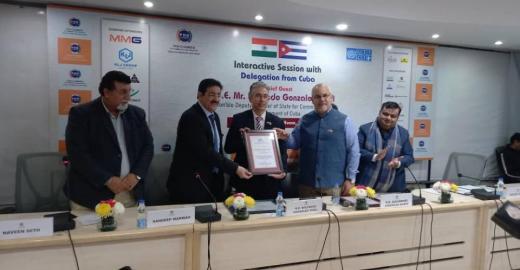

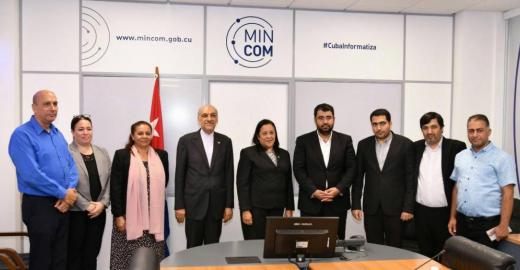





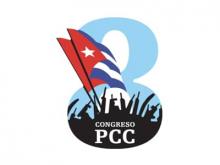
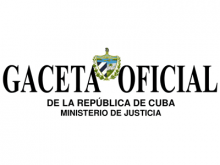

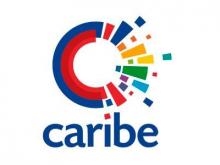
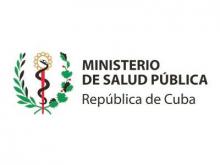

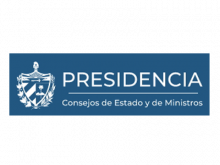

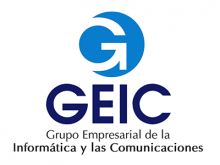
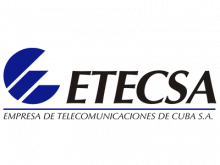
Publicar nuevo comentario